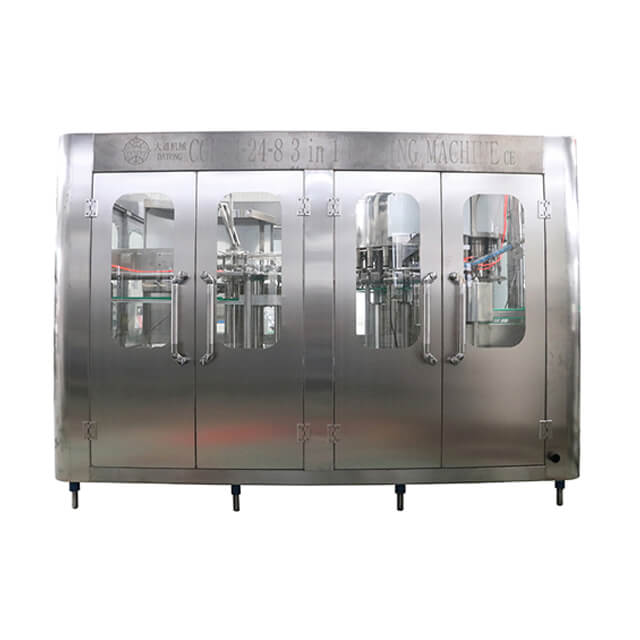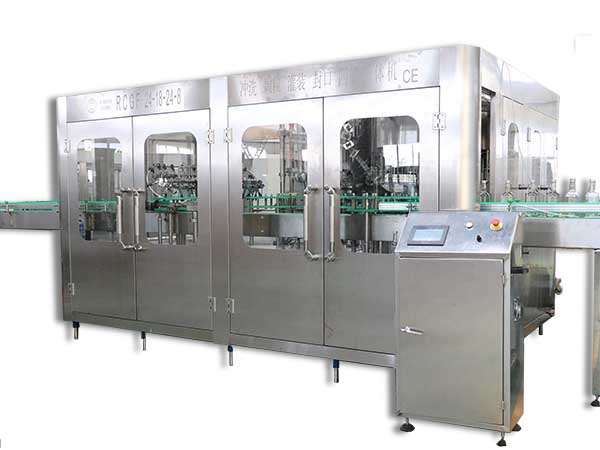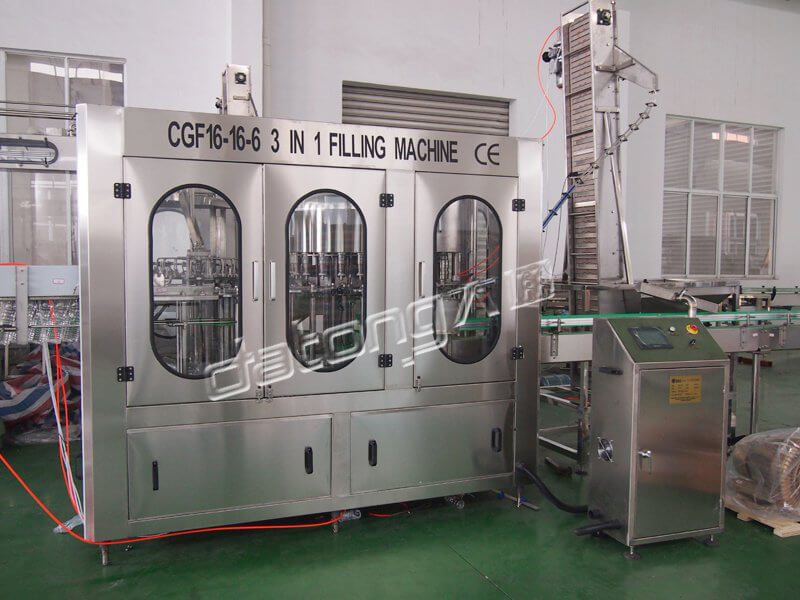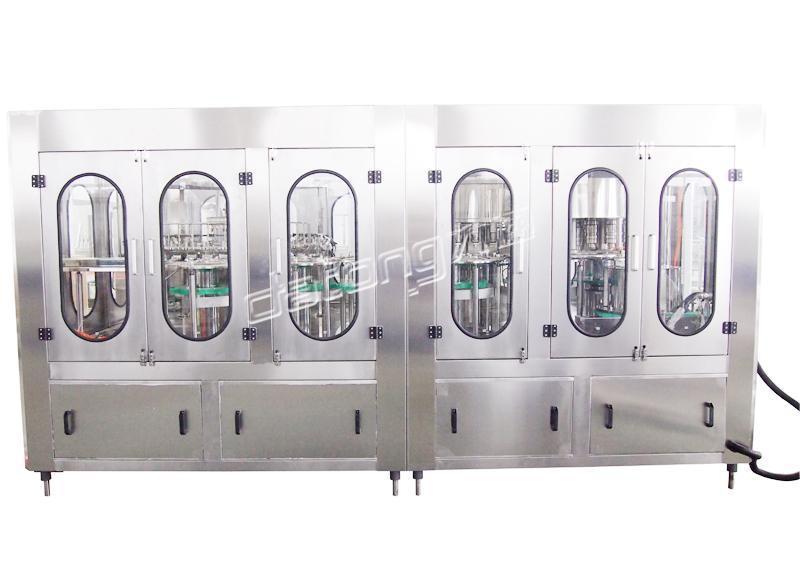Ensuring Safe and Pure Drinking Water
Views: 115
Author: Site Editor
Publish Time: 2024-08-27
Origin: Site
In this blog, we'll explore the different water treatment systems and their unique capabilities, empowering you to make informed decisions for your specific needs.
At the heart of any water treatment system is the goal of removing contaminants and impurities, ensuring that the water is safe for consumption. The key processes involved in water treatment include:
Decantation: This process involves the separation of heavier particles, such as gravel, sand, and stones, from the water through the force of gravity.
Flocculation: By introducing coagulants and gently agitating the water, the flocculation process aids in the formation of "flocs" that can be easily removed through sedimentation.
Filtration: Filtration is a critical step in water treatment, as it retains suspended and colloidal particles that did not settle during the previous stages. Depending on the specific needs, various filtration techniques, such as slow and rapid filtration, can be employed.
Chlorination: The addition of chlorine helps to protect the water from further contamination, ensuring its safety for consumption.
Clarification: This process focuses on removing suspended solids and sediments, further enhancing the water's clarity and purity.
Reverse Osmosis: As a final step, reverse osmosis utilizes specialized membranes to remove any remaining salts and impurities, producing water of the highest quality.
When it comes to water treatment systems, there are several distinct types, each with its own advantages and applications:
Full Cycle Plants: These comprehensive systems incorporate all the essential processes, including coagulation, sedimentation, filtration, and chlorination, ensuring a complete water treatment solution.
Filtration Plants in Multiple Stages: The water undergoes a multi-stage filtration process in these systems, often utilizing slow filtration techniques to ensure thorough purification.
Direct Filtration Plants: Streamlining the process, direct filtration plants take the water directly to the filters, followed by chlorination, making them a more efficient option in some cases.
On-line Filtration Plants: On-line filtration plants combine coagulation, filtration, and chlorination in a seamless process, offering a convenient and effective water treatment solution.
Compact Plants: Integrating all the necessary processes into a single prefabricated module, compact plants provide a space-efficient and easy-to-install option for water treatment.
When selecting a water treatment system for your water bottling plant or home, consider factors such as the specific contaminants present in your water, the desired output volume, and the overall efficiency and reliability of the system.
By understanding the unique characteristics of each water treatment solution, you can make an informed decision ensuring your water supply's purity and safety.







